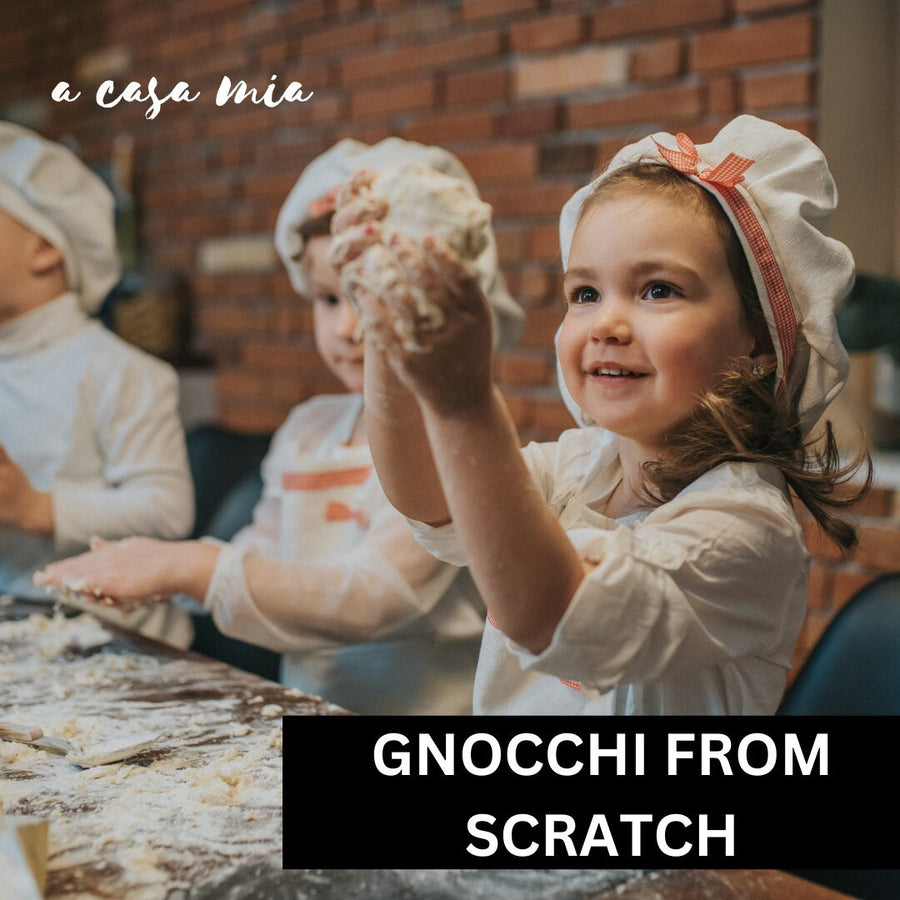The Culture Of Italy: Social Etiquette, Language and Unique Practices
Italy, with its rich history, vibrant culture, and warm hospitality, offers an authentic Italian experience that captivates visitors from around the globe. From the spirited conversations over espresso to the intricate hand gestures that punctuate everyday interactions, Italy's cultural landscape is as diverse as it is enchanting. Let's delve into the social etiquette, language nuances, and unique practices that define the captivating Italian culture.
Social Etiquette:
Greeting Customs: Italians are known for their warmth and affectionate greetings. A firm handshake with direct eye contact is customary when meeting someone for the first time. Close friends and family often greet each other with kisses on both cheeks, a tradition that spans genders.
Dining Etiquette: Meals are a sacred ritual in Italy, bringing families and friends together to savor delicious Italian cuisine and engage in meaningful conversation. It's important to observe customs such as waiting for the host to begin eating and keeping hands visible on the table during meals.
Politeness and Respect: Italians value politeness and respect in social interactions. Using titles such as "Signore" or "Signora" is standard practice unless invited to use first names. Addressing others with courtesy reflects a respect for hierarchy and tradition in Italian culture.
Personal Space: Italians have a closer sense of personal space compared to some other cultures. Physical closeness during conversations and friendly gestures, such as light touches, are common and reflect their warmth.
Language:
The Beauty of Italian Language: The musicality and expressiveness of the Italian language are unmatched. While English is common in tourist areas, making an effort to speak Italian enhances the authentic Italian experience. Basic phrases like "Grazie" (Thank you) or "Buongiorno" (Good morning) can open doors to more enriching exchanges.
Formal and Informal Address: Italians differentiate between formal "Lei" and informal "tu." The use of "Lei" is expected when addressing someone older or in a position of authority, while "tu" is reserved for friends and family. Mastering this distinction is key to a true Italian experience.
Hand Gestures: Italians are famous for their expressive hand gestures, which are deeply embedded in their communication style. From conveying emotions to adding emphasis, these gestures are part of the vibrant way Italians connect with one another.
Unique Practices:
Coffee Culture: Italy’s coffee culture is legendary, with ordering an espresso at a local café being more than just about caffeine—it's a social ritual. This is central to the authentic Italian experience, where savoring the rich aroma while engaging in lively conversation is just as important as the drink itself.
Festivals and Celebrations: Italy bursts with festivals, showcasing the diversity of Italian culture. Religious processions, historical reenactments, and food festivals highlight regional traditions, giving visitors a deeper understanding of Italy’s soul.
Art of Passeggiata: The "passeggiata" is an evening stroll through streets and piazzas, where locals come out to socialize, connect with neighbors, and enjoy their surroundings. This daily tradition offers an intimate glimpse into the rhythm of life in Italy and embodies the essence of la dolce vita.
In conclusion, embracing the authentic Italian experience involves much more than just visiting its landmarks. It’s about connecting with the locals, learning the customs, and immersing yourself in the warmth of Italian culture. From savoring delicious Italian cuisine to participating in lively festivals, each moment enriches your Italian experience, leaving lasting memories.
So why wait? Begin your journey with A Casa Mia and dive into the heart of Italy’s timeless traditions. Discover more here.
For culinary adventures, check out our cooking kits or learn about Italy’s iconic culinary scenes here.









